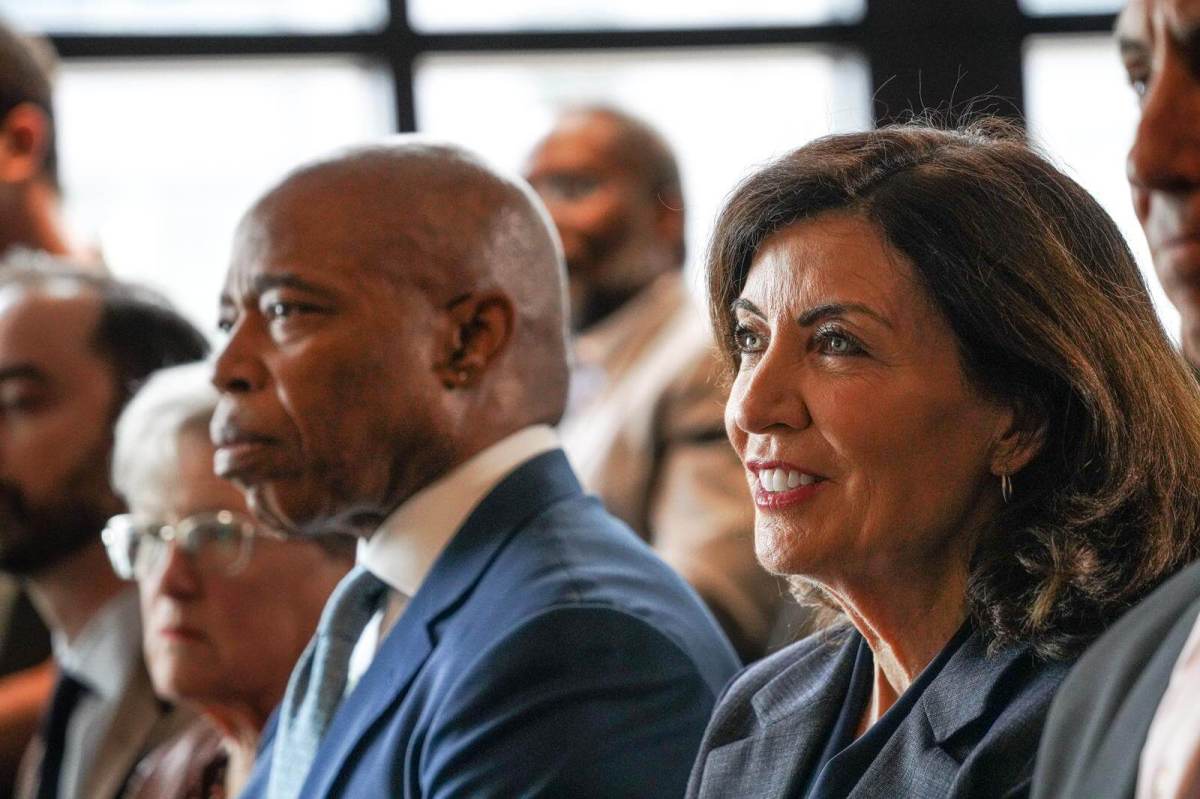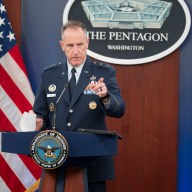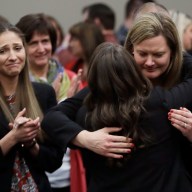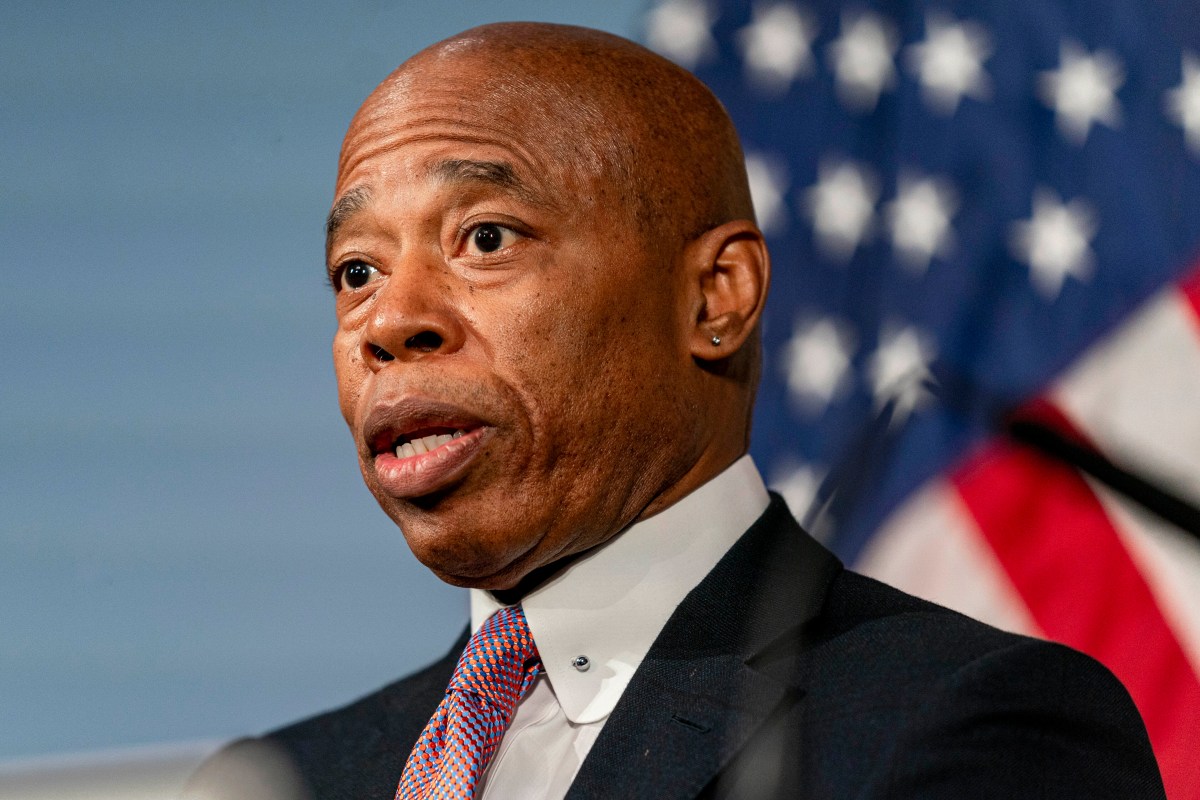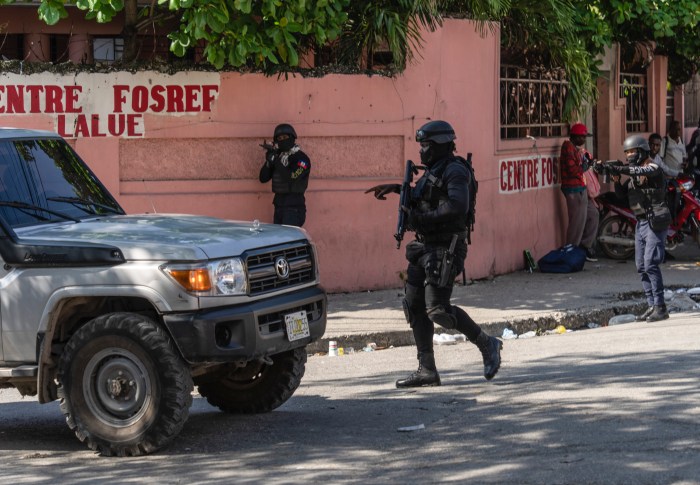‘The Better Angels’ One reason Terrence Malick has remained one of the cinema’s most distinctive craftsmen is that almost no one rips him off. There’s David Gordon Green, who cut his teeth with the Malickian “George Washington” and “All the Real Girls.” But he was aping the early Malick of “Badlands” and “Days of Heaven.” No one’s doing Malick 2.0 — the one that goes even further into the avant-garde brink with dreamy shots of nature, elliptical editing mimicking how memory works and flowery, whispered narration. When “Arrested Development” featured a naturally leftfield Malick parody, it couldn’t be sending up anyone else. This present Malick finally gets a big, flattering and pretty good imitation with “The Better Angels,” which chronicles the backwoods childhood of Abraham Lincoln. (Someone needs to make a film about his teenage years to bridge the gap between this and John Ford’s “Young Mr. Lincoln.”) But this isn’t just some fanboy French kiss. The director, A.J. Edwards, has worked with Malick since “The New World”; he was one of five editors on “To the Wonder,” and is cutting one of the three (!!) forthcoming Malick films. He learned how to do Malick from the man himself. Predictably “The Better Angels” is in the “New World” vein. It’s a historical saga set almost entirely in the great (cruel) outdoors. (Edwards keeps doing one of that film’s favorite shots: a look at tall trees that looks like it was shot with the cameraman lying on the ground, shooting straight up.) There’s little in the way of expository scenes; it’s a series of montages structured into almost musical movements. It starts like a video you’d buy at the Smithsonian: Edwards prowls the Lincoln Monument, sucking in its majesty. But what follows could be about anyone: It’s just a boy named Abe (Braydon Denney) and his parents — formidable father (Jason Clarke) and doting mom (Brit Marling) — living in the middle of the woods, struggling to survive. As kids we’re fed this line about Lincoln being the last American president born in a log cabin. But it’s an abstract idea. “The Better Angels” makes it tactile and real — life as an unending quest to live to the next day. Death comes easily and is such a fixture of life that human relationships are hesistant, sometimes borne out of disinterest. The film mimics this by having a revolving door cast of characters — people wandering in and out of the narrative, rarely making a connection. The warmest character —Marling’s Nancy Lincoln — succumbs to milk poisoning at an early, traumatic spot, only to be replaced by the nice woman who will become his stepmother (Diane Kruger). There’s no plot to speak of, and only a few gratuitous shout-outs to the man the kid Abe would become and the issues he would battle. The closest thing is talk of him being unusually bookish — too good for the woods, which riles his macho, remote father. But it’s an arc that’s buried in a sea of images, sensations and ideas. One thing Malick’s elusive, wandering style does is embrace complexity, even contradiction. Clarke’s Tom Lincoln is, like Brad Pitt in “The Tree of Life,” both a tyrannical father and a subliminally loving one. In fact, both films are looking at fatherhood in radically different ages: “The Better Angels” presents a time when tough parenting was intended to build up survival instincts, but when the first signs of widespread civilizing were creeping in to make him obsolete. “The Tree of Life” comes at it when that cold, masculine touch was now no longer necessary. And yet here’s the thing: “The Better Angels” isn’t a straight-up Malick imitation. Malick wouldn’t have made this — and not only because it’s not nearly as sharp as his own films. (It’s very much someone doing an aesthetic back to his mentor.) Malick’s films, especially his historical ones, create a fantasy past that lives in the head; they’re more realistic than most historical pageants, but still a form of romanticism. “The Better Angels” is, unlike any Malicks, black-and-white, bone dry and brutally, indifferently tough. It has the careening camerawork that pushes uncomfortably close to the actors and the soaring orchestral music and the narration. (There’s also some obligatory twirling.) But it’s getting at something that isn’t romantic. Even the narration isn’t just the hushed philosophical utterances of Malick’s newer works. It’s closer to “Badlands” and “Days of Heaven,” comprised entirely of a cousin reflecting back from what sounds like middle age, speaking in a mumble-mouthed, folksy patois — more Mark Twain than Malick. It’s not its own thing, and there’s a certain slightness to it; Edwards doesn’t yet have Malick’s gift for electric individual passages, and the film can be so stripped-down that there’s not a ton there. Butit’s close enough to an individual, personal vision that it can exist without having to endure unflattering comparisons.
Director: A.J. Edwards
Stars: Jason Clarke, Brit Marling
Rating: PG
4 (out of 5) Globes
Review: ‘The Better Angels’ is more than imitation Terrence Malick (though it’s that too)
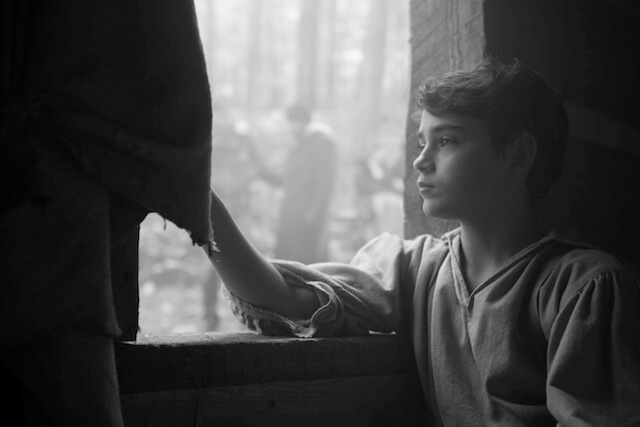
Amplify
Follow Matt Prigge on Twitter@mattprigge






